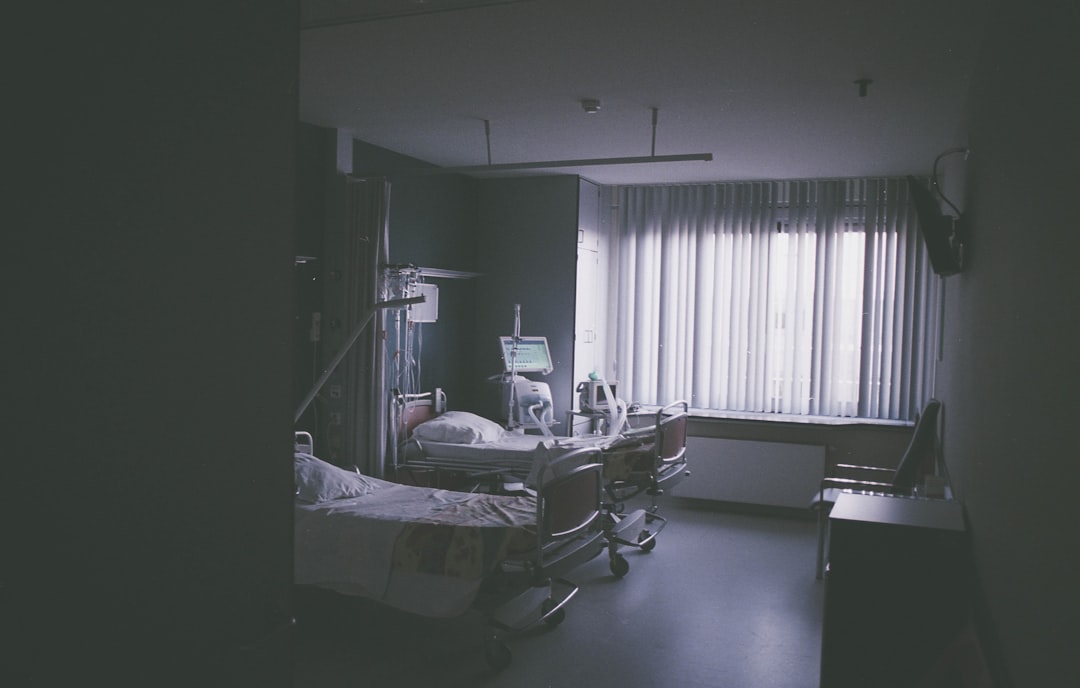What is it about?
This article examines the rational aspects of the unconscious-emotional and non-emotional information processing, action preparedness, psychological defense mechanisms, cognitive regulatory control processes, and human specific cognition (negative symptoms)-and presents the implications for mental illness and psychotherapy.
Featured Image
Why is it important?
The unconscious is commonly viewed as only consisting of irrational processes, while many rational and hence reality congruent processes occur, that have a substantial impact on mental illness and psychotherapy. Practitioners will advance in there effectiveness by understanding and applying this knowledge.
Perspectives
As a psychotherapist I have noted the relevance of largely unconscious processes, such as emotional information processing, and how elevating these to a conscious level can advance outcomes.
Brad Bowins
Read the Original
This page is a summary of: The Rational Unconscious: Implications for Mental Illness and Psychotherapy, American Journal of Psychotherapy, May 2018, American Psychiatric Association,
DOI: 10.1176/appi.psychotherapy.20180003.
You can read the full text:
Contributors
The following have contributed to this page










